In my answer I mention that dereferencing a void pointer is a bad idea. However, what happens when I do this?
#include <stdlib.h>
int main (void) {
void* c = malloc(4);
*c;
&c[0];
}
Compilation:
gcc prog.c -Wall -Wextra
prog.c: In function 'main':
prog.c:4:2: warning: dereferencing 'void *' pointer
*c;
^~
prog.c:5:4: warning: dereferencing 'void *' pointer
&c[0];
^
prog.c:5:2: warning: statement with no effect [-Wunused-value]
&c[0];
^
Here is an image from Wandbox for those who say it didn't happen:
and a Live demo in Ideone.
It will actually try to read what the memory that c points to has, and then fetch that result, but actually do nothing in the end? Or this line will simply have no effect (but then GCC wouldn't produce a warning).
I am thinking that since the compiler doesn't know anything about the data type, it won't be able to do much, without knowing the size of the type.
Why derefencing a void* does not produce an error, but just a warning?
If I try an assignment, I will get an error:
invalid use of void expression
but shouldn't the dereferencing alone produce an error?
